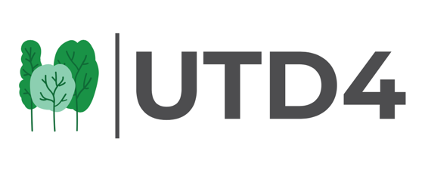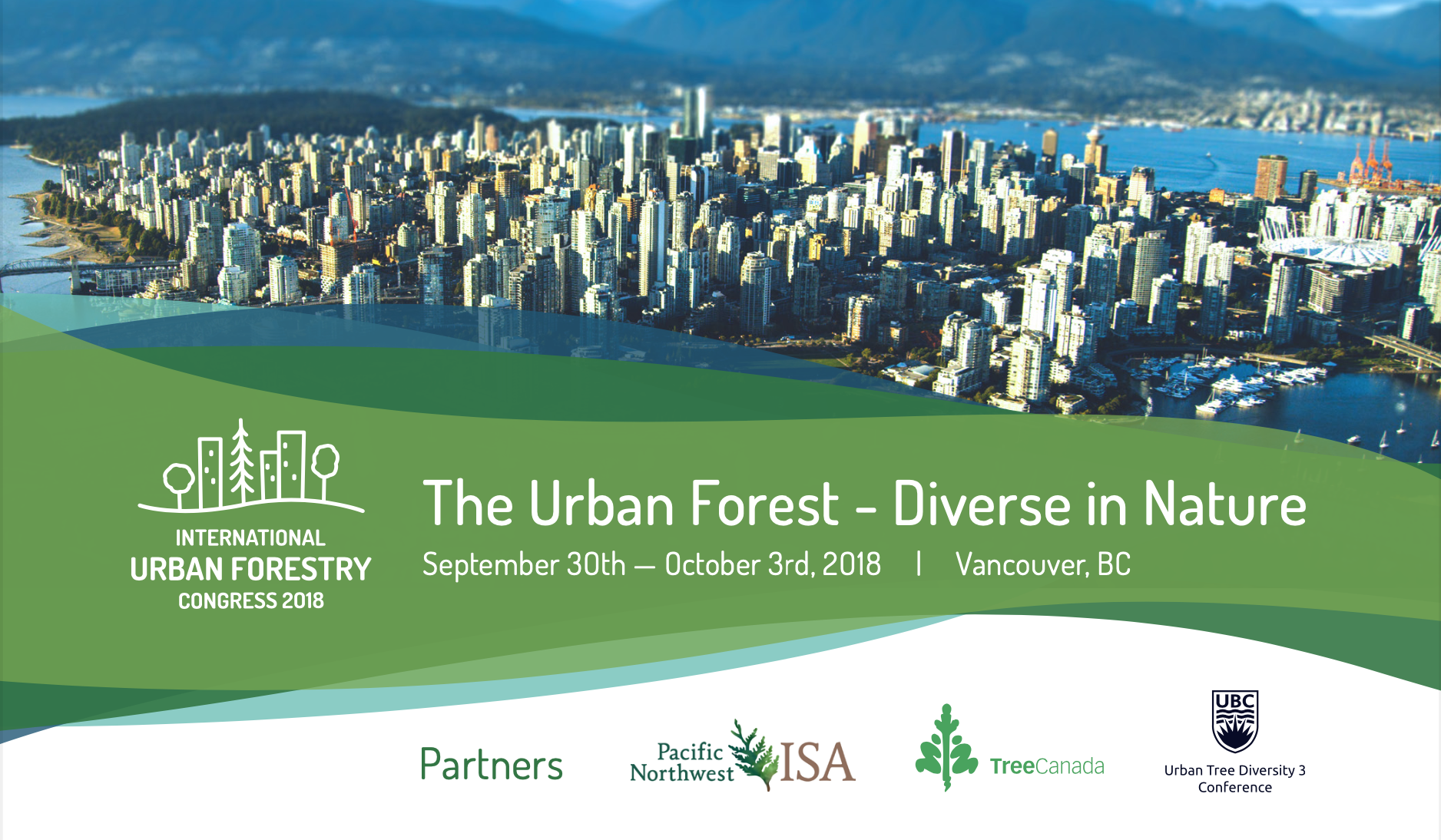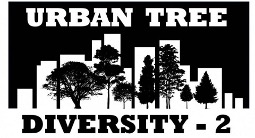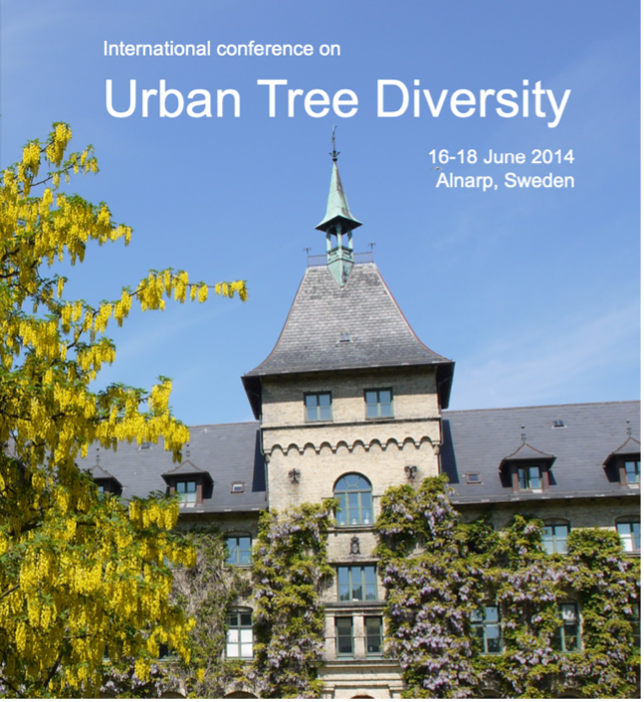Past events
UTD4 2022
FLORIDA, USA
Urban Tree Diversity 4 (UTD4) Increasing Urban Forest Resiliency in a Changing World, built on past successes in Malmö (Sweden), Melbourne (Australia), and Vancouver (Canada) – bringing the event to the United States for the first time through the hosting of a hybrid conference, offering both in-person and online access to attendees, to the Tampa Bay area in, Florida. UTD4 is a partnership between the University of Florida, the Florida Chapter of the International Society of Arboriculture, and the Nature Based Solutions Institute.
Topics
- Selection and improvement of urban trees
- Ecosystem services and public health benefits of diverse urban forests
- The role of diversity in pest and storm resilience
- Methods for assessing diversity given species, age, function, and size
- Designing and developing planting spaces for a wider range of tree species
- Barriers, challenges, and feedback loops that limit urban forest diversity
- Managing urban forests for a diverse urban (human) population
- Planning, managing, and governing for urban tree diversity through collaborative partnerships.
UTD3 2018
VANCOUVER, CANADA
The International Urban Forestry Congress (IUFC) held at the Westin Bayshore Vancouver from September 30 – October 3, 2018. The Congress was a unique partnership between Tree Canada’s Canadian Urban Forest Conference (CUFC), the Pacific Northwest Chapter of the International Society of Arboriculture’s (PNW-ISA) Annual Training Conference and the Urban Tree Diversity Conference (UTD).
The Congress themed “The Urban Forest – Diverse in Nature” will include following sub-themes:
- People & City Diversity
- Urban Forest Diversity
- Diversity in Urban Forest Management
- Diversity in Governance and Partnerships Natural Diversity
- Diversity in Education and Communication
UTD2 2016
MELBOURNE, AUSTRALIA
This bi-annual international conference, brings together leading researchers and practitioners to discuss aspects of urban tree diversity from around the world. The aim of the event is to assess the state-of-art of research and promote the development of good practice and innovative approaches to urban tree planning and management. The conference will be interdisciplinary, while also engaging urban tree professionals working for the public and private sector, as well as NGOs. The main organisers of the conference are The University of Melbourne (UniMelb), the International Society of Arboriculture (ISA), and the City of Melbourne (CoM). !
1. Selection of urban trees.
2. Diverse approaches to design, integrate and establish urban trees
3. Different approaches to assessing urban tree populations.
4. Ecosystem services provided by diverse urban trees
5. Strategies and planning for urban tree diversity.
6. Managing diverse threats: such as pest, diseases, climate change, invasiveness. 7. Diverse social-ecological perspectives, values and engagement with urban trees.
UTD1 2014
ALNARP, SWEDEN
This conference in Alnarp has ur- ban tree diversity – in all its aspects – in focus. The event is organised in collaboration with the International Society of Arboriculture (ISA), the Inter- national Union of Forest Research Orga- nizations (IUFRO) and the Nordic-Baltic Centre of Advanced Research on Forestry Serving Urbanised Societies (CARe-FOR- US). Local hosts are the Swedish Univer- sity of Agricultural Sciences (SLU) and the City of Malmö. The event’s venue, SLU’s campus at Alnarp near Malmö, hosts some of Sweden’s best tree and shrub collections, as well as the university’s unique Landscape Laboratory.
- Session 1: Selection of urban trees
- Session 2: Urban tree diversity in design and establishment
- Session 3: Exotic and native urban tree species, invasiveness etc
- Session 4: Assessing diverse urban tree populations
- Session 5: Urban tree management and maintenance – managing diversity, including pest and disease management
- Session 6: Strategies and planning for urban tree diversity
- Session 7: Ecosystem services provided by diverse urban tree populations
- Session 8: Urban tree diversity and urban people diversity





